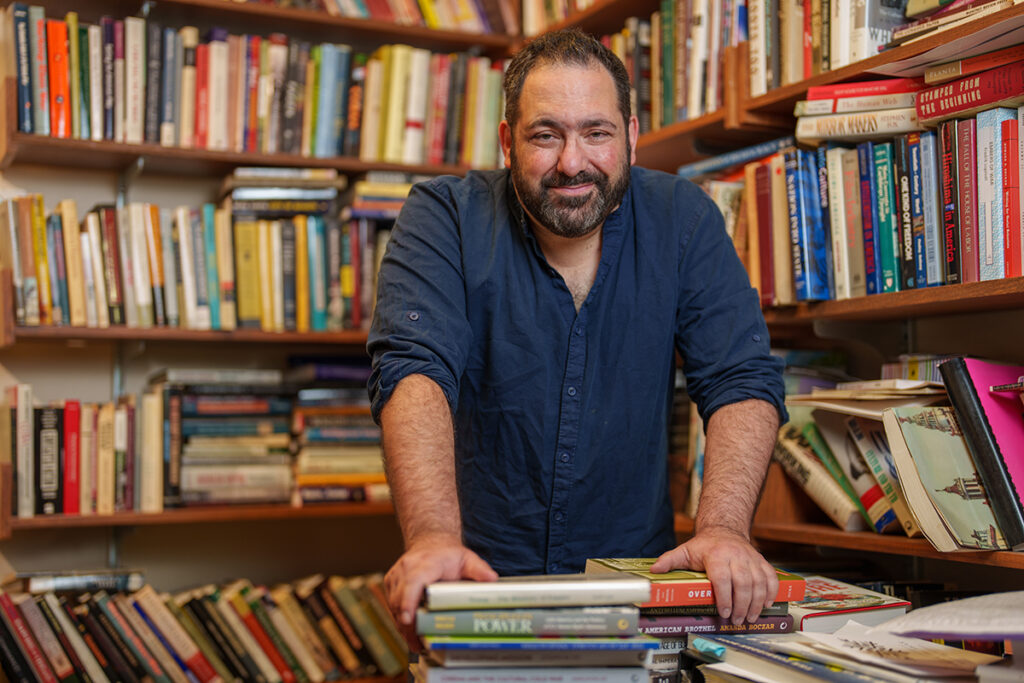Vanderbilt Magazine, October 3, 2022

“When Associate Professor of History Paul Kramer decided to speak out against the use of waterboarding by U.S. forces during the Iraq War, he took an unfamiliar approach. Rather than write an academic article directed only at his colleagues, he tried his hand at a historical narrative that would reach as wide an audience as possible.
That narrative—about a similar use of water torture by American soldiers during the invasion of the Philippines a century earlier—was eventually published by The New Yorker in 2008 as “The Water Cure.” It would be the first of many articles that Kramer has written, tackling headline issues, often indirectly, with historical narratives constructed through painstaking scholarly research.
In working with editors at widely read commercial magazines, as well as some of the world’s leading instructors in narrative nonfiction writing, Kramer has learned how to convey important social problems to broad audiences in a persuasive way. In fall 2018, he began sharing this knowledge with undergraduate students in his Writing for Social Change course, which explores the art and craft of social investigation and of narrative nonfiction writing.
Here Vanderbilt Magazine talks with Kramer about the course, in which students complete their own pieces of social reporting on issues that matter to them, and why this kind of writing is, as he says, ‘necessary for any kind of substantial democracy.'”
Click here or copy the link below to read the full interview.